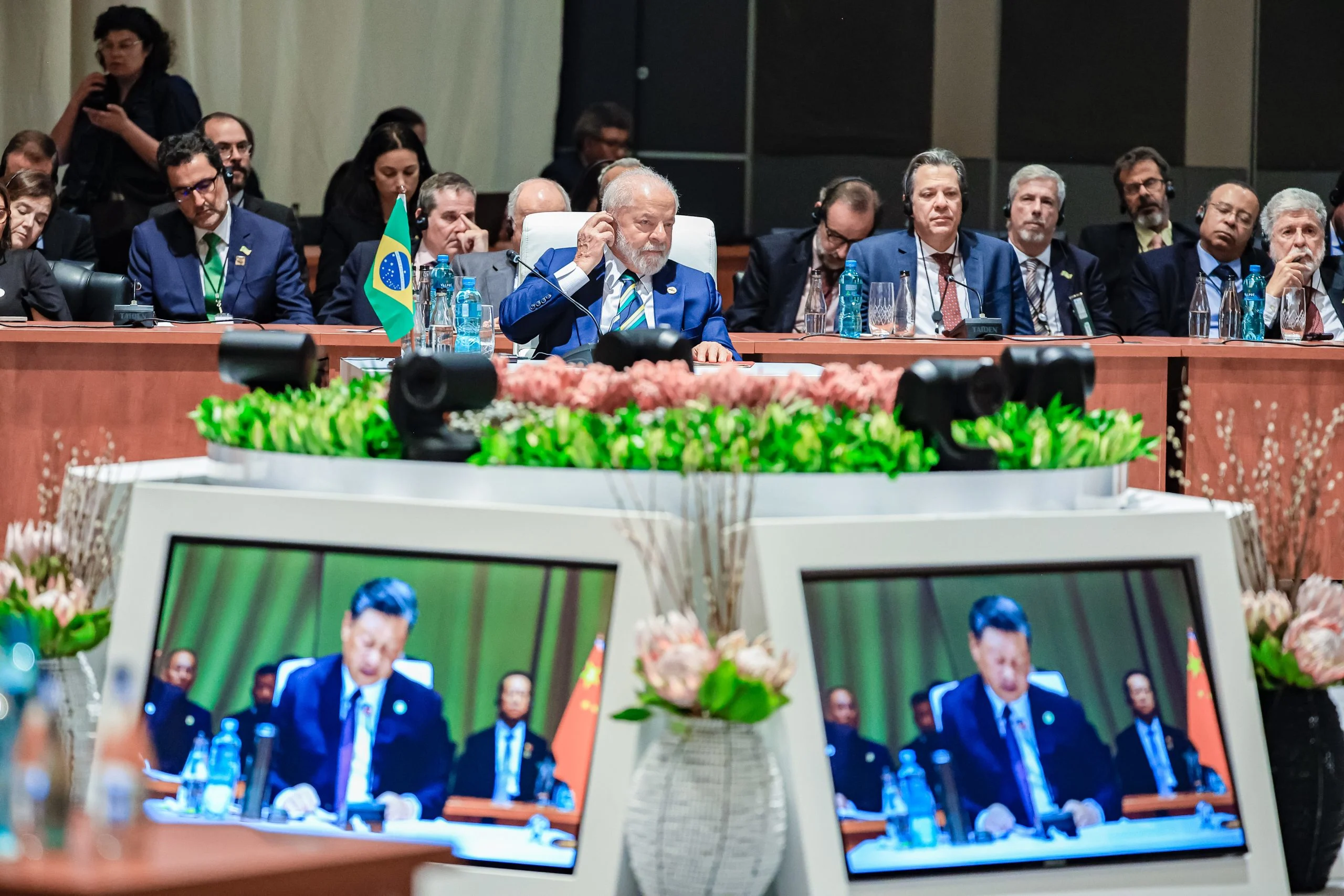Brazil has recently assumed a more prominent leadership role within the BRICS group, which also includes Russia, India, China, and South Africa.
This development comes as tensions between the United States and China continue to escalate, reshaping global political and economic dynamics.
The BRICS coalition, known for representing some of the world’s fastest-growing emerging markets, is focused on enhancing cooperation and promoting collective development. Brazil’s leadership signals its growing ambition to shape the bloc’s agenda and contribute to a more balanced global economic order.
The intensifying rivalry between the US and China, covering areas such as trade disputes, technological competition, and geopolitical influence, has encouraged countries like Brazil to strengthen intra-BRICS relations. The bloc is working to reduce reliance on traditional Western financial institutions like the International Monetary Fund and World Bank, while promoting alternative financial mechanisms such as the New Development Bank.
Brazil’s leadership places emphasis on cooperation in critical areas like sustainable development, infrastructure investment, and economic resilience.
Also Read; Hungary Strengthens Ties with China, Sparking EU Concerns
The country advocates for inclusive growth, aiming to ensure all member states benefit equitably.
Experts note that Brazil’s influence could help BRICS adopt a more active stance on pressing global issues such as climate change, public health, and international governance. By elevating the voices of emerging economies, BRICS hopes to challenge the dominance of established powers and promote fairer global decision-making.
This leadership change within BRICS reflects broader shifts in global power structures, emphasizing the increasing importance of multilateral cooperation outside of traditional Western-led frameworks. Brazil’s growing role will likely shape BRICS’ strategy around economic partnerships, infrastructure development, and new financial architectures designed to enhance member autonomy.
As Brazil steps up, the international community is watching closely to see how BRICS balances competing interests while fostering cooperation among diverse member states. The bloc’s future under Brazilian leadership may redefine economic and geopolitical alignments in the coming years.







